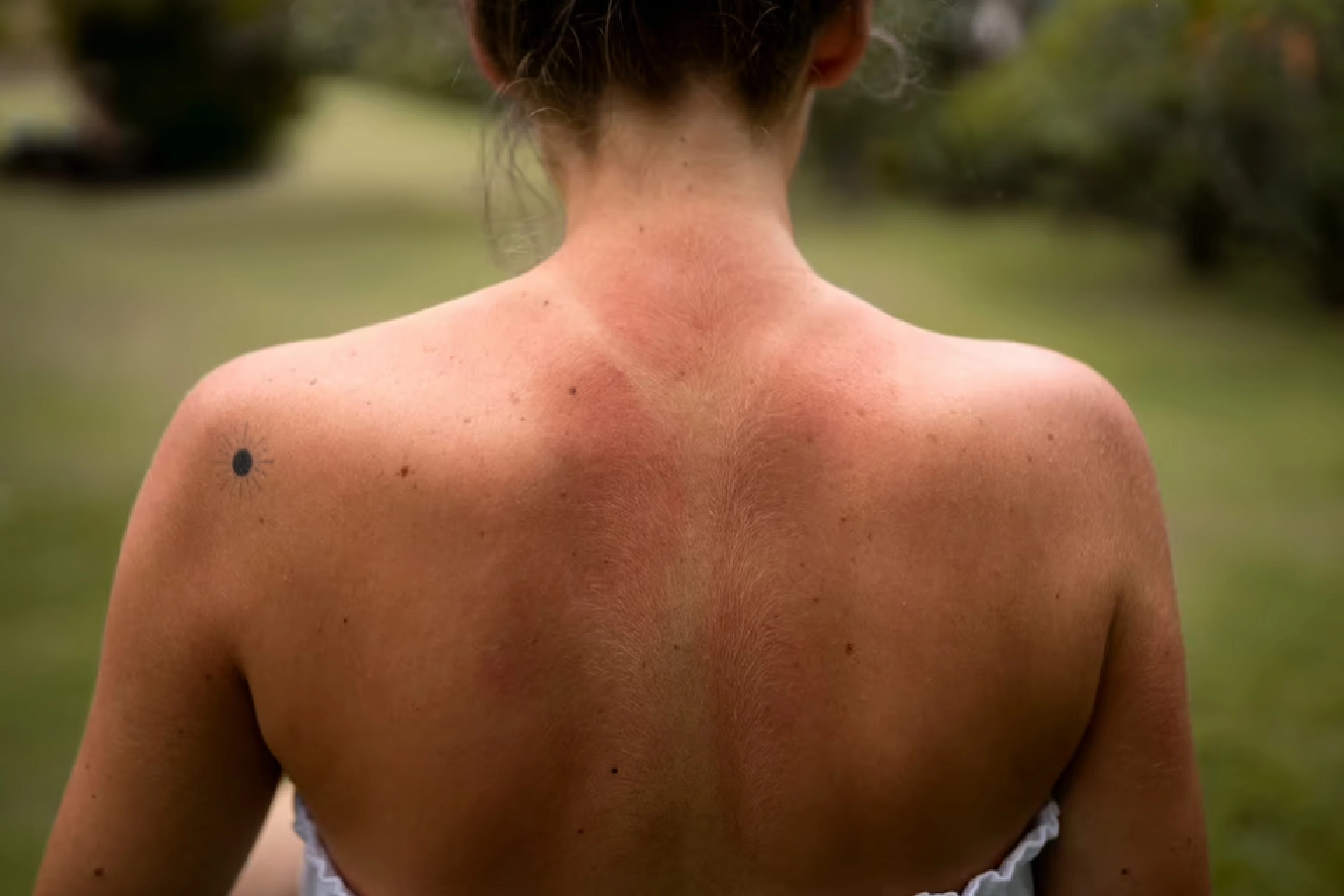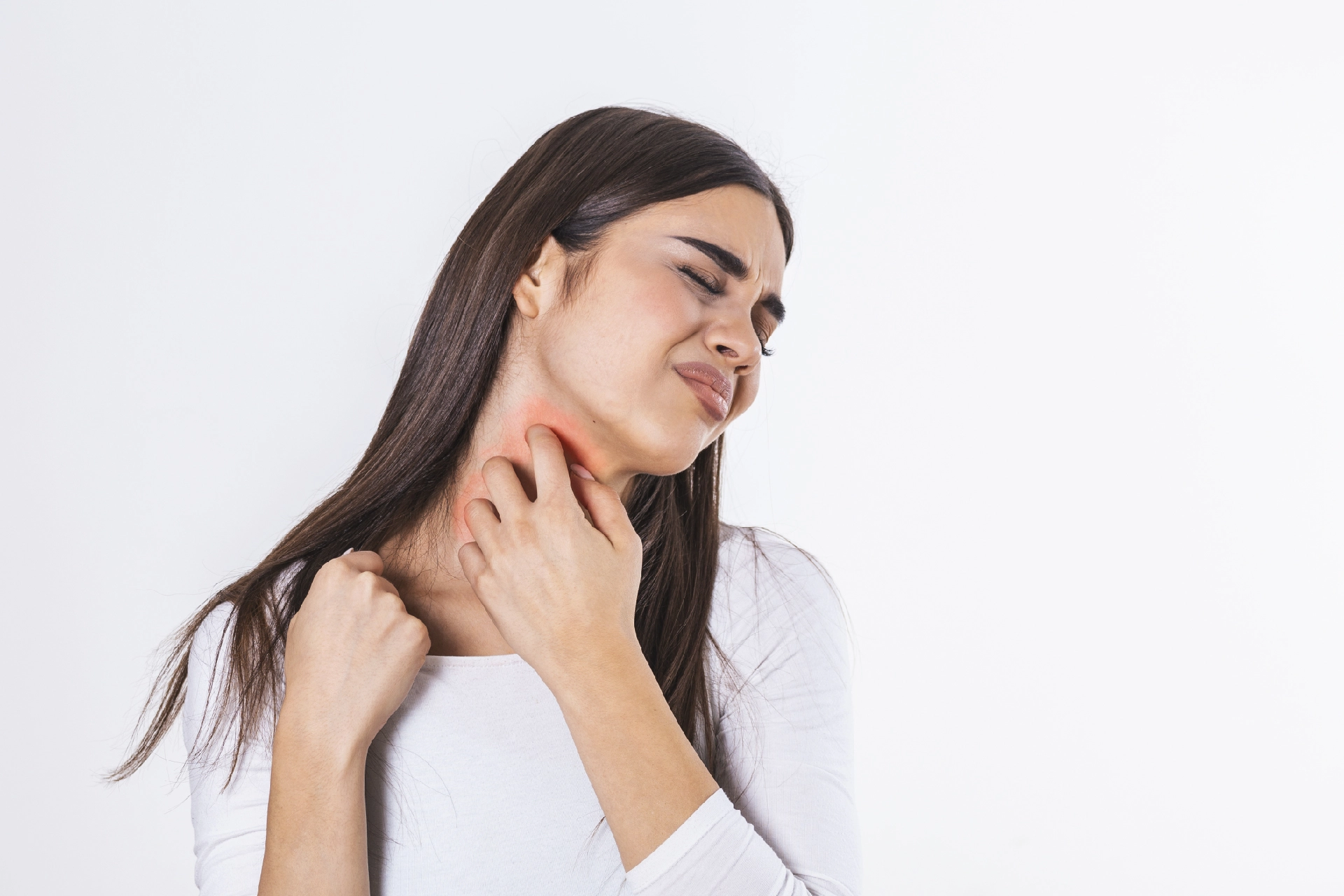Procedural Dermatology | 6 min read
Top 10 Ways to Take Care of Your Skin for This Rainy Season
Medically reviewed by
Table of Content
Key Takeaways
- Stick with the cleanse-tone-moisturise strategy for good skin in the monsoons.
- Drink water for better skin health this rainy season.
- Investing time to do skin care at home should definitely be among your priorities.
To take care of your skin this rainy season, you need to pay more attention to it and follow a dedicated skincare routine. This is mainly due to the fact that the rise in humidity levels can cause your skin to behave unpredictably and knowing how to take care of you skin helps avoid nasty complications. On some days, you’ll find it a lot drier and stretched out, making it itch and develop rashes if you’re not careful. On other days, you’ll find it overly oily, especially around the face, which can cause breakouts if you have acne-prone skin.
Naturally, while you should stick with the cleanse-tone-moisturise strategy for good skin, in the monsoons, you may need to make adjustments. Monsoon skincare demands a little attention and care, and knowing these can help you keep your skin healthy and bright all through the season.
Additional Read: Skin Care Tips: Get Glowing Skin in SummerHere are 10 ways to take care of your skin in the rainy season.
Sunscreen
Even on a cloudy day, the sun’s harmful UV rays are still present and can cause damage to unprotected skin. Damage, in this case, includes fine lines, pigmentation, and wrinkles. To take care of your skin, use sunscreen as a part of your monsoon skincare routine, even on an overcast day. Ideally, a sunscreen with a sun protection factor (SPF) of 30 or above is recommended, and SPF 30 means that about 97% of the UVB rays will be filtered out. Also, note that sunscreen isn’t waterproof and usually requires you to reapply it every 2 hours if exposed to water.
Wash your skin properly to avoid fungal infections
In the rainy season, good personal hygiene is a must, and keeping your skin clean and dry is important to ward off skin infections. Using dermatologist-approved skincare products is a good way to take care of your skin. Some fungal skin diseases that poor skin care can result in are ringworm, athlete’s foot, and tinea capitis. However, when washing your face especially, remember that washing too frequently can cause your skin to lose most of its natural oils and become dry. This can also cause the body to produce excess oil as a countermeasure.
Drink water for better skin health
Due to the weather during the monsoon, your skin is generally a lot more prone to infections and general complications. Moreover, during this time, you may not feel like drinking much water. However, water is important, not just to enjoy glowing skin, but to keep it hydrated. Further, water may help prevent acne by keeping your skin well-hydrated. It also promotes natural detoxification, which can help ensure that you don’t have clogged pores.
Exfoliate, without overdoing it
Even with the high humidity levels during the monsoons, you need to stick to your dry skincare routine of exfoliation. To take care of your skin, you have to understand that the rainy season makes dry skin flaky and itchy, while oily skin gets clogged. The solution here is to exfoliate, as it keeps the face smooth and the complexion healthy by removing dead skin cells and opening clogged pores. However, do note that you shouldn’t exfoliate your skin more than twice a week. Doing so can actually harm your skin and cause more damage. To know if you’re overdoing it, here are the signs to look for-
- Inflammation
- Breakouts
- Peeling
- Irritation
- Increased sensitivity
Avoid makeup
Makeup, especially oil-based foundation, is something you should actively avoid in the monsoons as it serves as a hotspot for bacterial complications. By using makeup, you may block pores on your skin, restricting its ability to breathe. Dirty makeup brushes are also a problem and sharing makeup is a no-no, as this could cause unwanted skin diseases.
Use lukewarm water
When it comes to cleaning your skin, be sure to watch the temperature of the water. This is especially important for the sensitive skin on the face as excessive heat strips the skin of natural oils. This makes it dry and itchy, which results in heavier use of a moisturiser. Ideally, you should use lukewarm water as it gently cleans the pores and reduces the production of excess oils.
Employ proper foot care
It is common to get your feet wet, especially in dirty water, during the monsoon. However, this water houses numerous bacteria and fungi. If your feet are left unclean, you could develop a condition known as athlete’s foot. The symptoms of this infection are discoloration, itchiness, foul smell, and pus. To help avoid such foot-related skin diseases, here are few measures you can employ during the rains.
- Avoid closed shoes and let your feet breathe
- Use dry socks and keep your feet dry as much as possible
- Wash your feet with hot water and soap if you’ve been in rainwater
- Soak your feet in water with antiseptic liquid and clean the inside of the nails thoroughly
Use of a light moisturiser
Even in the monsoons, to take care of your skin , you need to ensure that your skin is clean and moisturised is important. However, depending on the skin type, you should know to pick the right solution. For instance, for oily skin, water-based options should be the go-to option. When using a moisturiser, the idea is to use it lightly and ensure you don’t overload or overwork it into your skin as this can prevent it from breathing.
Switch over to seasonal fruits
During the monsoons, it is important to avoid foods that can cause infections or increase the amount of water the body retains. Good examples of the former are root and leafy vegetables as they’re plucked from wet soil, which can cause allergies and infections if not washed off properly. In the case of the latter, watermelon is a fruit to avoid due to its high water content. A solution here is to switch to seasonal fruits like litchis, peaches, and pears. These are rich in antioxidants, which help prevent free radical activity known to make skin wrinkled and dull.
Other alternatives that help nourish the skin include:
Banana
Rich in vitamin A and treats dullness and damaged skin
Cumin
Detoxes the body and keep skin eruptions at bay during the monsoon
Bitter gourd
Rich in vitamin C, improves skin tone and protects cells from damage
Try to avoid artificial jewellery as much as possible
Artificial jewellery, while appealing, is usually made from cheaper alloys or metals. As a result, the increased moisture in the air can cause it to rust, which in turn affects how it reacts with your skin. Moreover, Nickel is a common metal used for such jewellery and can be an allergen, giving rise to a rash, a burning sensation, or other complications. This is why avoiding such jewellery should be a part of your sensitive skincare routine, at least until the weather clears up.
These tips are sure to help you prepare for the monsoons and keep your skin healthy. Owing to the wet environment of this season, skin diseases develop easily, and investing time to take care of your skin at home should definitely be among your priorities. However, given the many skincare myths and the presence of misinformation on the internet, the best approach would be to consult a medically-trained specialist for the best skincare routine.
A good way to find these specialists and avail their services in an effortless manner is to use the healthcare platform provided by Bajaj Finserv Health. With it, you can find the best skin specialists in your area, book appointments at their clinics, and avail telemedicine services too. What’s more, you can also skip the physical check-up and opt for a virtual consultation with your specialist. Begin your journey to a healthy lifestyle!
References
- https://www.cancer.org/latest-news/stay-sun-safe-this-summer.html
- https://medium.com/@parisadermatology01/skin-care-during-the-monsoons-e084159c68db
- https://www.lorealparisusa.com/beauty-magazine/skin-care/skin-care-essentials/cold-vs-hot-water-the-secret-for-your-best-skin.aspx
- https://www.thehealthsite.com/beauty/why-you-shouldnt-wash-your-face-with-hot-water-pa1214-254052/#:~:text=When%20you%20wash%20your%20face%20with%20hot%20water%2C%20it%20strips,your%20skin%20dry%20and%20parched.&text=Excessively%20hot%20water%20will%20strip,from%20your%20skin%20too%20quickly'
- https://patch.com/california/cupertino/common-foot-problems-during-monsoon-and-preventive-measures
- http://dnaindia.com/lifestyle/report-moisturiser-the-key-to-healthy-skin-during-monsoon-1850718
- https://www.femina.in/wellness/diet/foods-to-make-your-skin-glow-this-monsoon-52139-7.html
- https://www.thehealthsite.com/beauty/do-you-wear-artificial-jewellery-it-can-be-harmful-for-your-skin-av0718-584082/
- https://www.adityabirlacapital.com/healthinsurance/active-together/2019/06/03/skin-problems-and-precautions-in-monsoon/
Disclaimer
Please note that this article is solely meant for informational purposes and Bajaj Finserv Health Limited (“BFHL”) does not shoulder any responsibility of the views/advice/information expressed/given by the writer/reviewer/originator. This article should not be considered as a substitute for any medical advice, diagnosis or treatment. Always consult with your trusted physician/qualified healthcare professional to evaluate your medical condition. The above article has been reviewed by a qualified doctor and BFHL is not responsible for any damages for any information or services provided by any third party.





